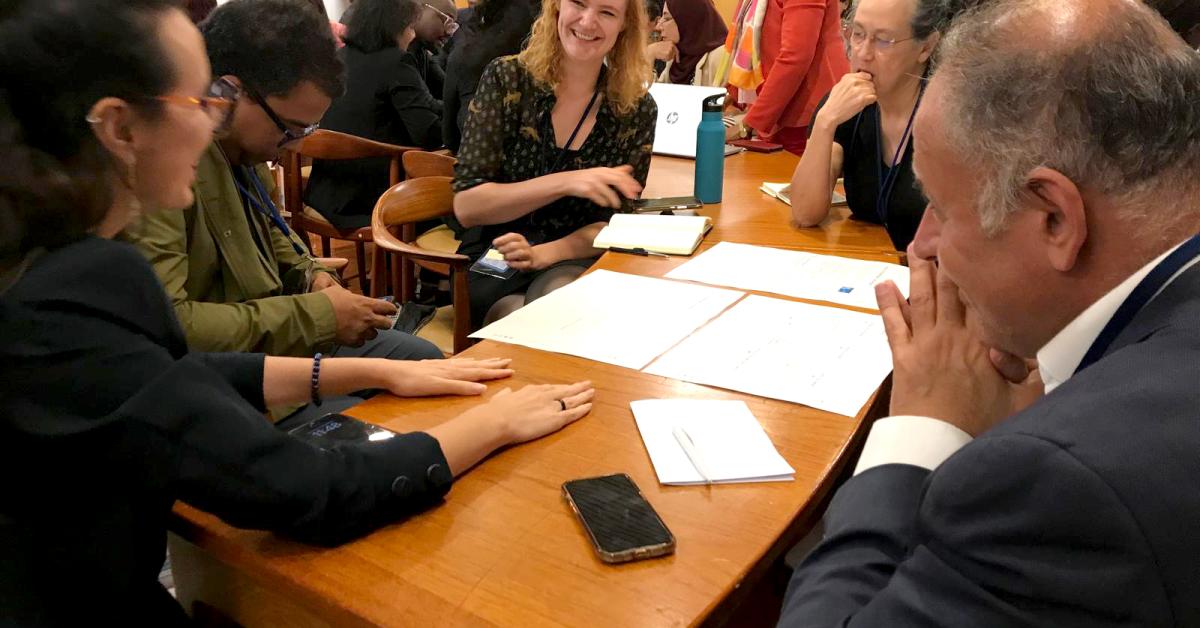Participants engaged in collaborative exercises to explore effective AI solutions for education. Discussions focused on user identification, facilitator training, and curriculum adaptation. Key applications identified included personalized learning and reducing teacher workload. A standout idea was an AI tool assisting students in identifying plants and animals on nature walks, enhancing outdoor learning experiences. The training covered AI fundamentals, educational use cases, and collaborative policy planning. Through practical group activities, policymakers strategically mapped AI entry points for education systems, utilizing a structured development process that included needs assessment, data evaluation, model selection, and implementation planning. This hands-on approach not only facilitated peer learning but also underscored the importance of applying theoretical concepts in real-world settings. The outcome emphasized the potential of AI in transforming educational experiences while highlighting the collaborative efforts needed for successful implementation in schools.
Source link
